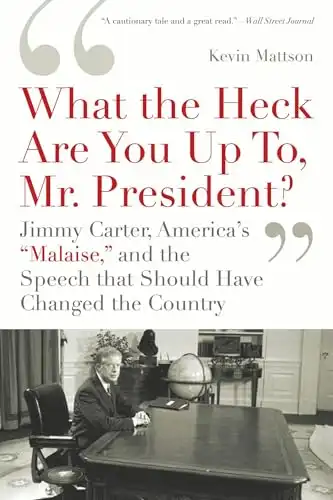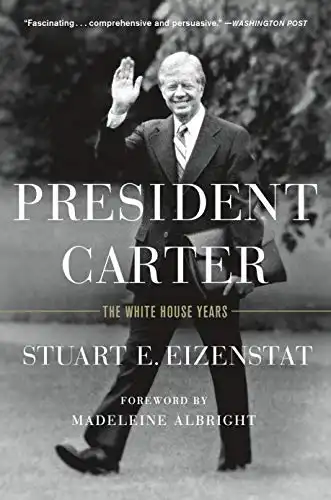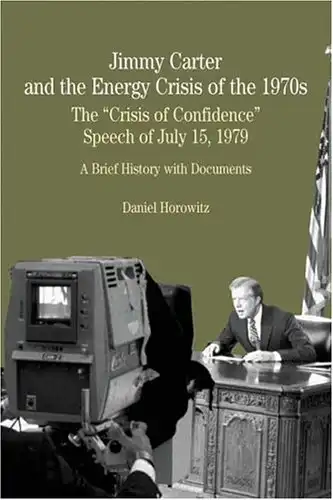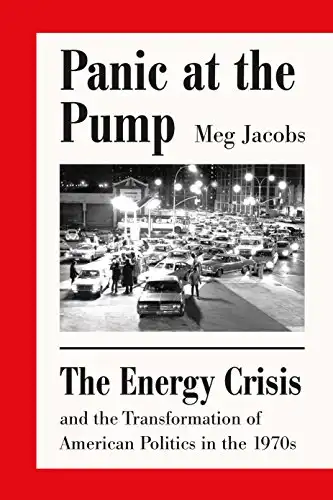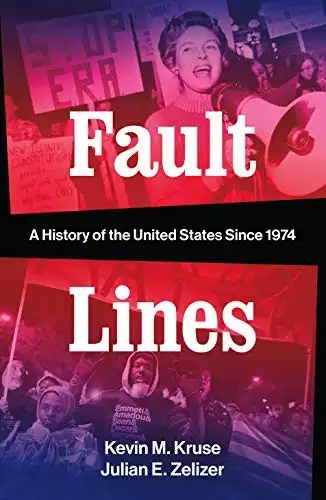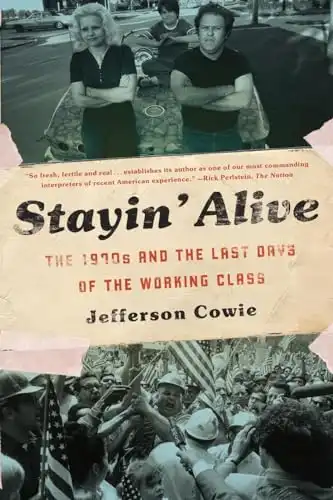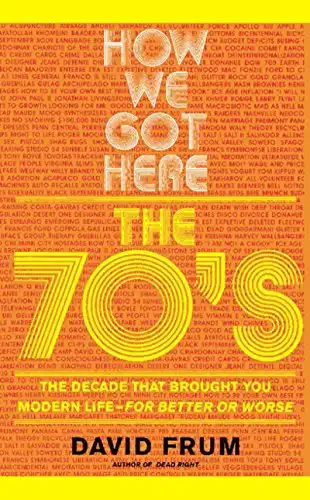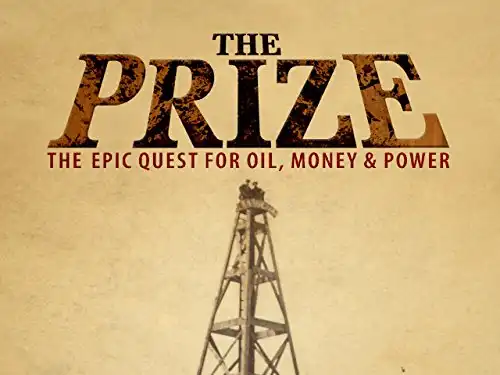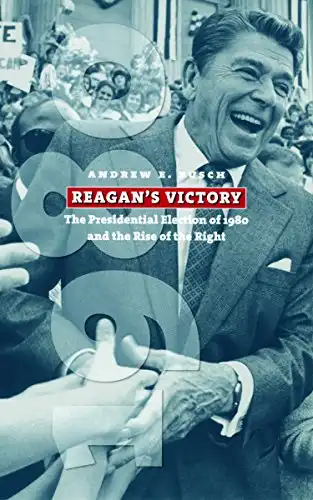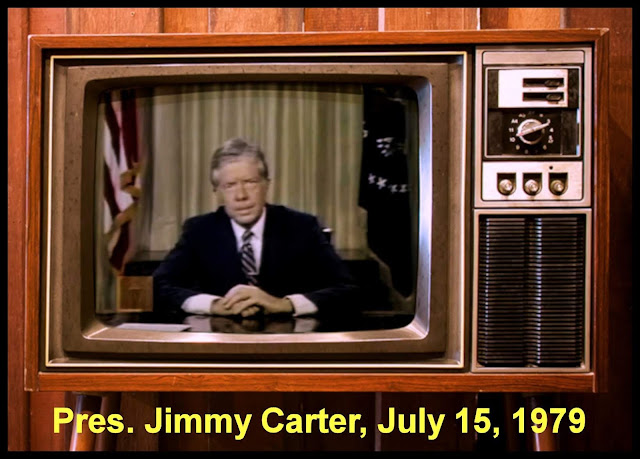
On the night of July 15, 1979, in the midst of his third year as president, Jimmy Carter gave a televised speech from the White House that is often called his “Malaise Speech.”
Malaise is a French word meaning a feeling of uneasiness or discomfort, adopted into English long ago.
It definitely fit the timing of Carter’s speech. In 1979, most Americans were very unhappy about an energy crisis that had caused huge lines at gas pumps, spiraling inflation and a high unemployment rate.
Rightly or wrongly, Americans tended to blame the president for those problems.
Polls showed that voter approval of Carter had sunk to 30% — lower than the worst rating of any recent President except Richard M. Nixon or Harry S. Truman.
Carter decided to try to address the country’s energy and economic problems and voter attitudes toward him in a speech that was intended to be part inspiring pep talk and part grand vision. (The full speech is online here.)
Foreshadowing Bill Clinton, Carter said he was a president who “feels your pain.” He also acknowledged voters’ unhappiness.
In the policy part of the speech, he said he was setting a goal of cutting America’s dependence on foreign oil in half over the next ten years by increasing the use of domestic energy sources. And, although he did mention increasing energy conservation and solar power, his primary “solutions” would probably be viewed as shocking by today’s progressive Democrats.
He argued that America needed to increase the use of energy from US sources of coal, oil shale, and gasohol. He said he would ask Congress “to require as a matter of law, that our nation’s utility companies cut their massive use of oil by 50 percent within the next decade and switch to other fuels, especially coal, our most abundant energy source.”
Much of the rest of the president’s speech was preachy and meandering. He said it was “clear that the true problems of our nation are much deeper — deeper than gasoline lines or energy shortages, deeper even than inflation or recession.”
Carter cited the assassinations of John F. Kennedy, Robert Kennedy and Martin Luther King, Jr. in the 1960s, America’s defeat in Vietnam, and the Watergate scandal as some of the reasons Americans were suffering from what he called “a crisis of confidence.”
“It is a crisis that strikes at the very heart and soul and spirit of our national will,” Carter said. “We can see this crisis in the growing doubt about the meaning of our own lives and in the loss of a unity of purpose for our nation.”
His rhetoric about how to deal with that “crisis” sounds almost Trump-like. He noted some of the great accomplishments of America’s past, then said what was needed was “the restoration of American values.”
Carter ended his speech with words he undoubtedly hoped would be uplifting, memorable and quotable.
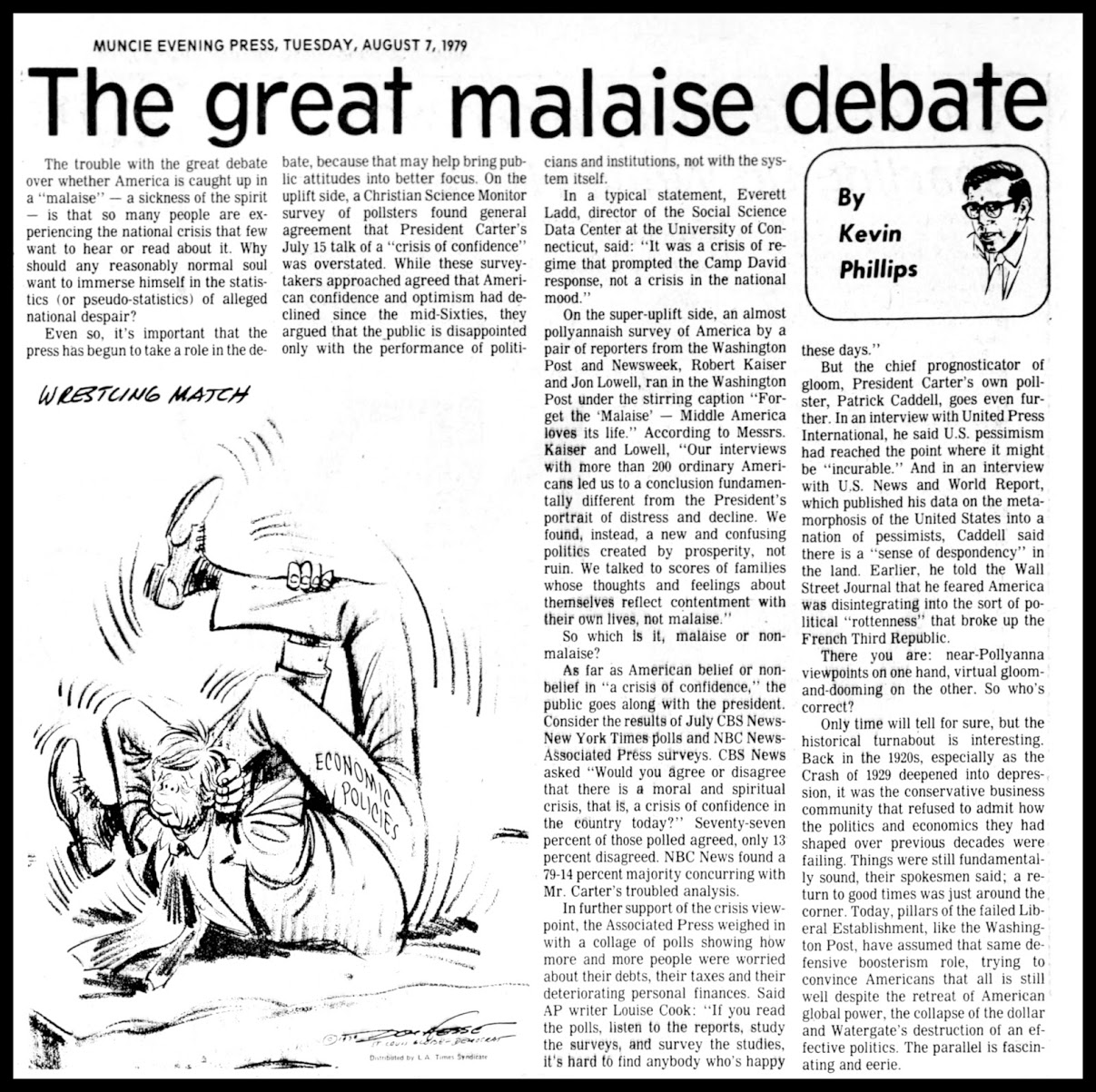 “Whenever you have a chance, say something good about our country,” he urged. “With God’s help and for the sake of our Nation, it is time for us to join hands in America. Let us commit ourselves together to a rebirth of the American spirit. Working together with our common faith we cannot fail.”
“Whenever you have a chance, say something good about our country,” he urged. “With God’s help and for the sake of our Nation, it is time for us to join hands in America. Let us commit ourselves together to a rebirth of the American spirit. Working together with our common faith we cannot fail.”
Unfortunately for Carter, the speech was an epic fail, a widely-panned downer that seemed to blame Americans for causing the country’s problems by having bad attitudes.
However, nowhere in the speech did he use the word malaise.
So, why is it called the “Malaise Speech”?
Carter laid the groundwork for that in an address he gave in Bardstown, Kentucky two-and-a-half weeks later, on July 31. It was essentially a campaign appearance since, at the time, he was running for reelection against former California Governor Ronald Reagan.
In his opening remarks in Bardstown, Carter referred to the July 15 TV speech, saying:
“I thought a lot about our nation and what I should do as president and Sunday night before last I made a speech about two problems of our country — energy and malaise.”
For some reason, the term malaise and the phrase “national malaise” had been floating around in 1979, even before Carter made his remarks on July 31.
For example, in a widely-read article published in the June 1979 issue of The Futurist, Herman Kahn, Director of the Hudson Institute think tank and his colleague John Phelps, warned that the US and other “advanced nations” were facing “a period of malaise” marked by slow economic growth and social clashes.
On July 12, three days before Carter’s televised speech, political pundit and language maven William Safire predicted in an essay in the New York Times that President Carter “will try to transfer the wide dissatisfaction with his own performance into a ‘national malaise.’”
When Carter himself described his July 15 address as a speech “about…malaise,” Republicans pounced on it. It was an egg-heady, foreign word and the speech seemed like a criticism of the American people.
Reagan and other Republicans began using the word derisively and suggested that Carter was wrongly trying to blame Americans for the problems caused by his failure as a president.
Reagan played the malaise card throughout 1979 and 1980. He used it to paint Carter as a snooty critic of America and working class Americans and to make himself seem like their defender.
“There is nothing wrong with the people of this country,” he said in a typical attack on Carter in 1980. “There’s no malaise.”
The “great malaise debate” helped seal Reagan’s victory in the November 1980 presidential election, which he won by a landslide.
It was so effective that he kept using it when he ran against Carter’s former Vice President Walter Mondale, during the campaign leading up to the November 1984 presidential election.
In 1983, Reagan started mocking Mondale by calling him “former Vice President Malaise.” He warned that electing Mondale would mean a return to the type of economic problems experienced during Carter’s presidency.
On election day, Reagan crushed Mondale in another landslide victory.
Today, most people don’t remember or are too young to know about “the great malaise debate.” And, many of those who do know about it think Carter used the word malaise in his July 15 speech.
He didn’t. But because, shortly thereafter, he described it as a speech “about…malaise,” he gave Republicans a term and a theme that helped Ronald Reagan win two presidential elections.
* * * * * * * * * *
Comments? Corrections? Questions? Email me or post them on my Famous Quotations Facebook page.
Related reading…


